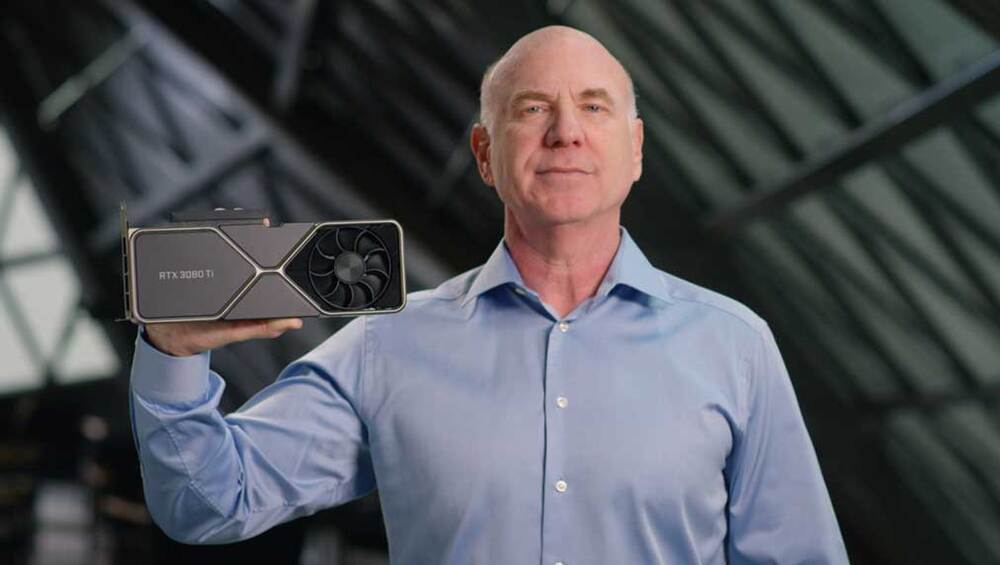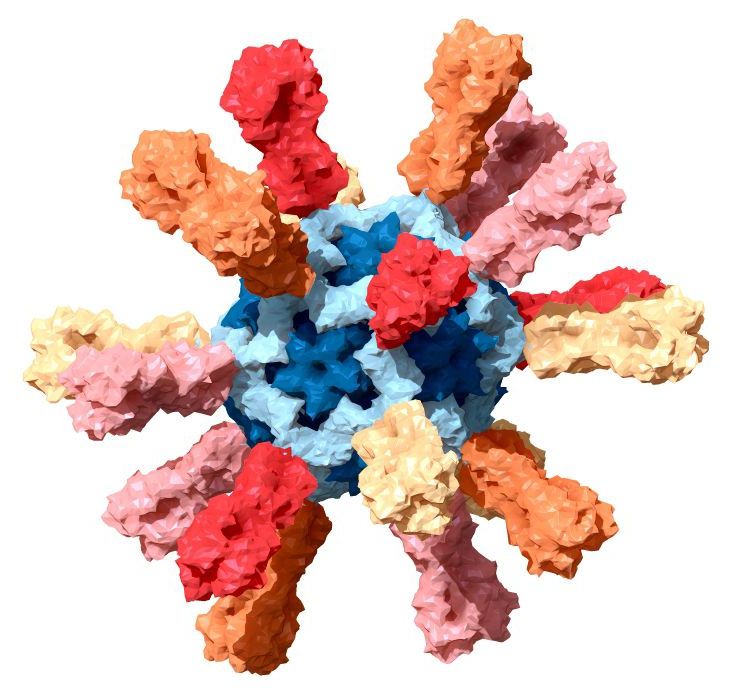Physicists at the University of Bath in the UK, in collaboration with researchers from the USA, have uncovered a new mechanism for enabling magnetism and superconductivity to co-exist in the same material. Until now, scientists could only guess how this unusual coexistence might be possible. The discovery could lead to applications in green energy technologies and in the development of superconducting devices, such as next-generation computer hardware.
As a rule, superconductivity (the ability of a material to pass an electrical current with perfect efficiency) and magnetism (seen at work in fridge magnets) make poor bedfellows because the alignment of the tiny electronic magnetic particles in ferromagnets generally leads to the destruction of the electron pairs responsible for superconductivity. Despite this, the Bath researchers have found that the iron-based superconductor RbEuFe4As4, which is superconducting below-236°C, exhibits both superconductivity and magnetism below-258°C.
Physics postgraduate research student David Collomb, who led the research, explained: There’s a state in some materials where, if you get them really cold—significantly colder than the Antarctic—they become superconducting. But for this superconductivity to be taken to next-level applications, the material needs to show co-existence with magnetic properties. This would allow us to develop devices operating on a magnetic principle, such as magnetic memory and computation using magnetic materials, to also enjoy the benefits of superconductivity.









